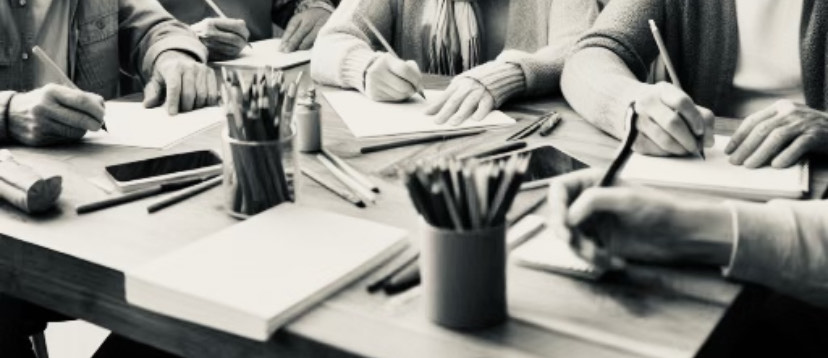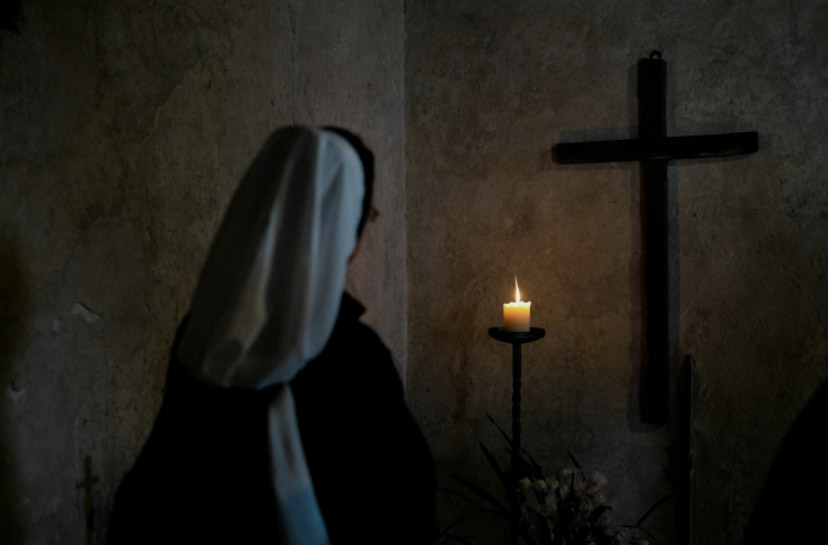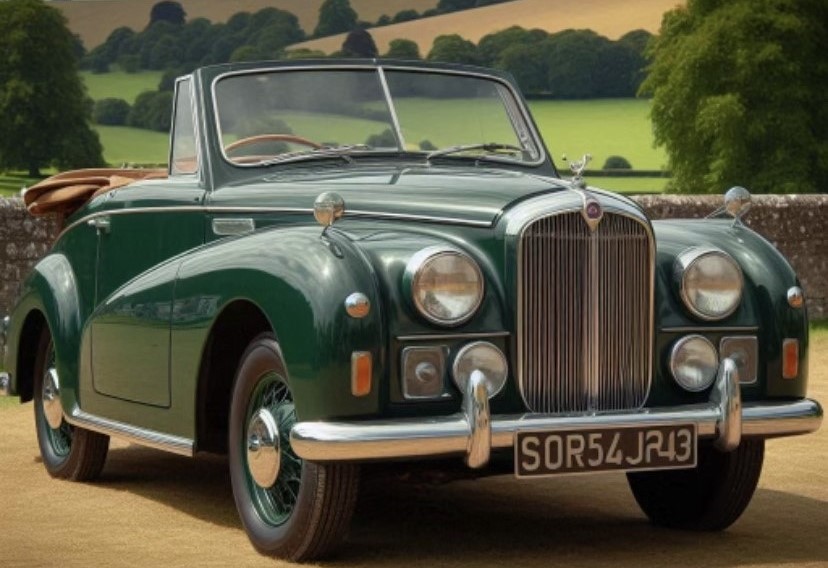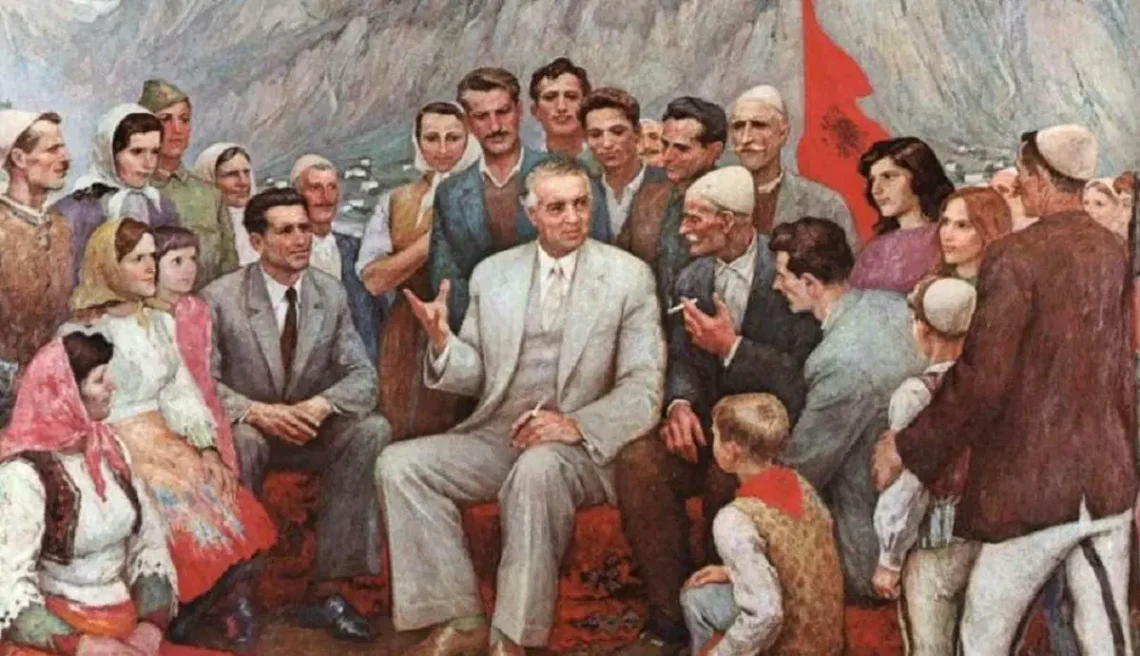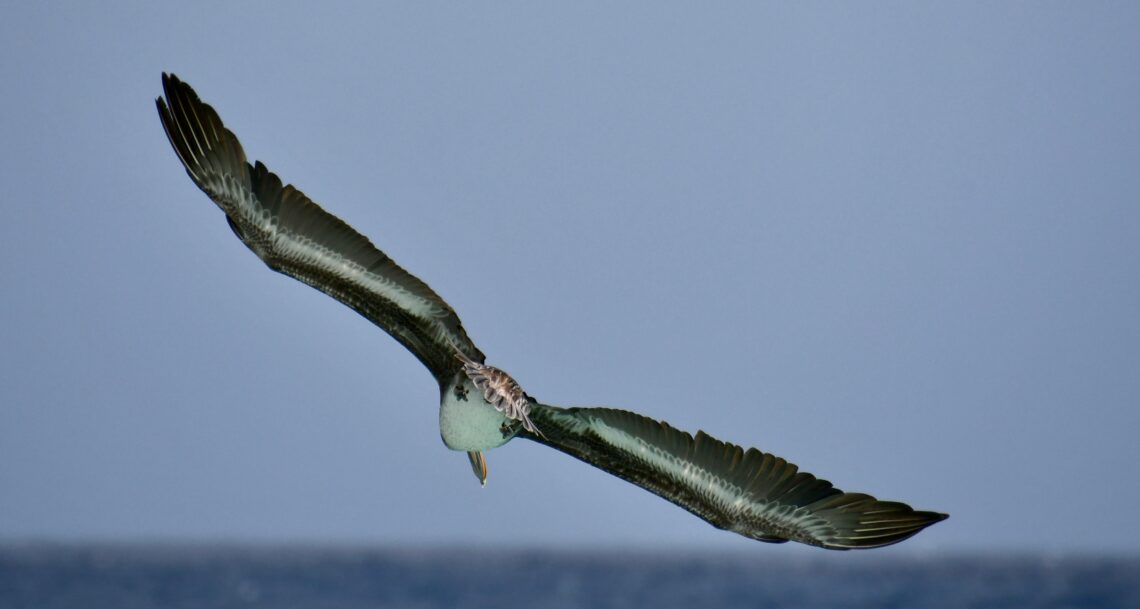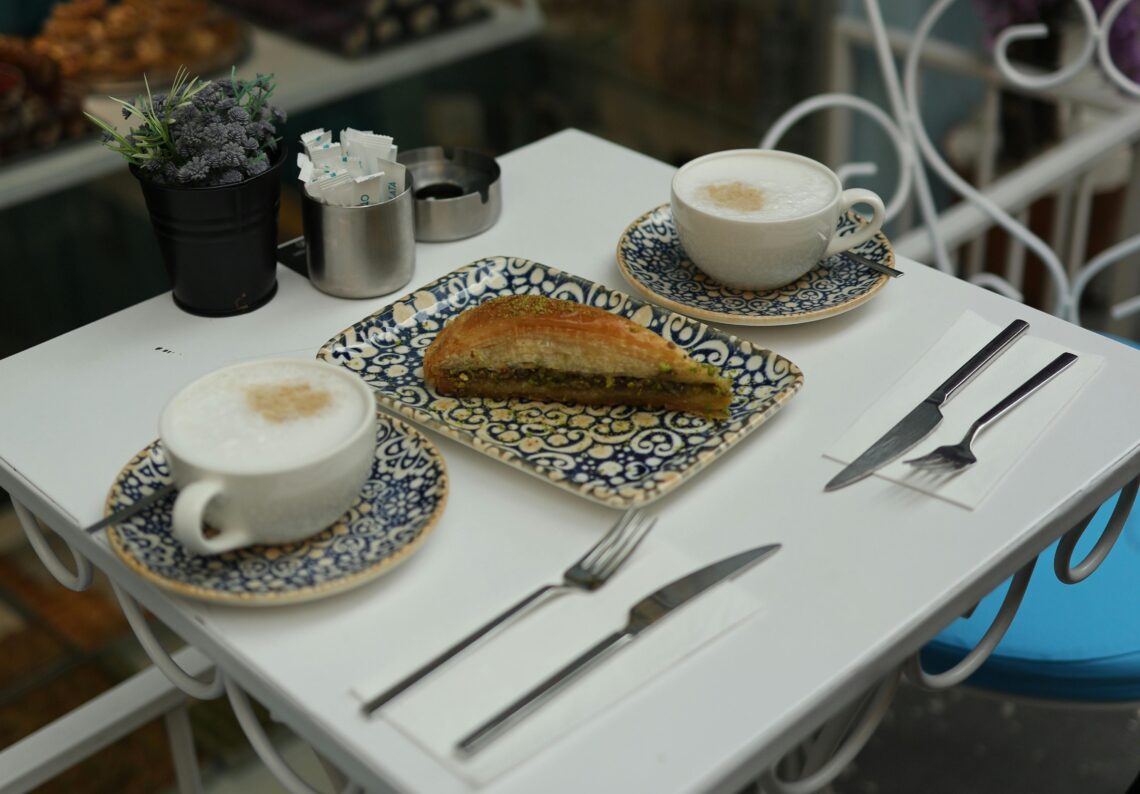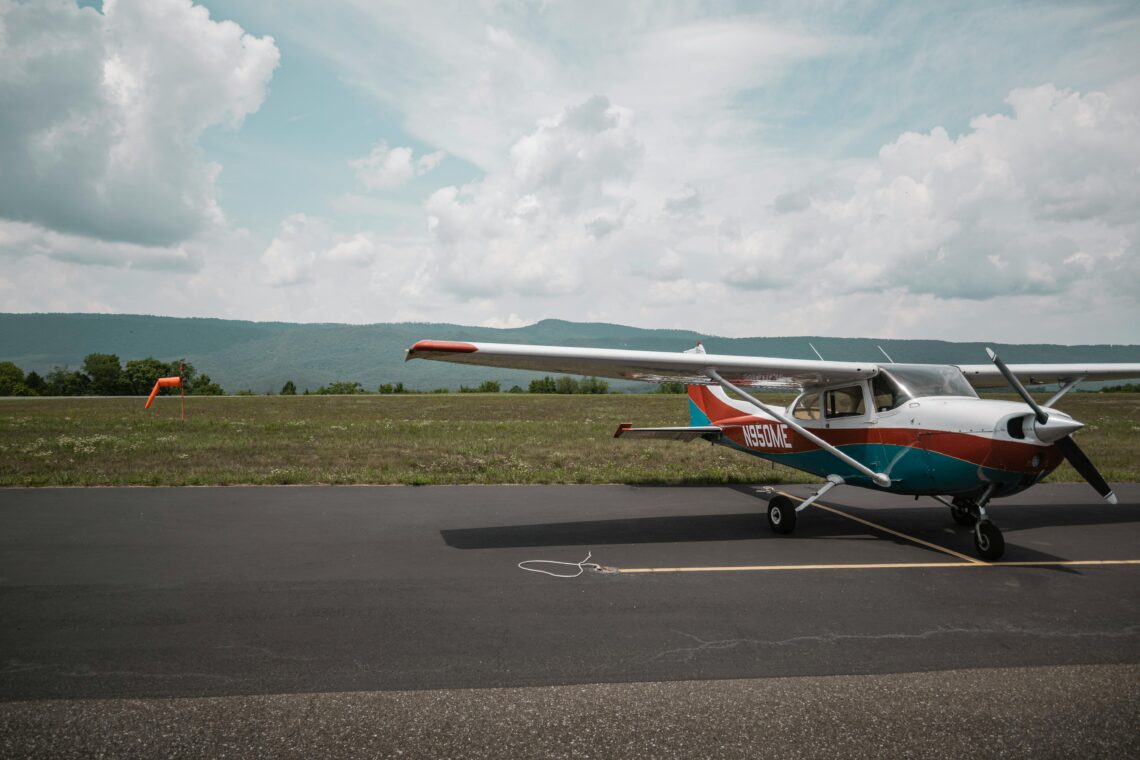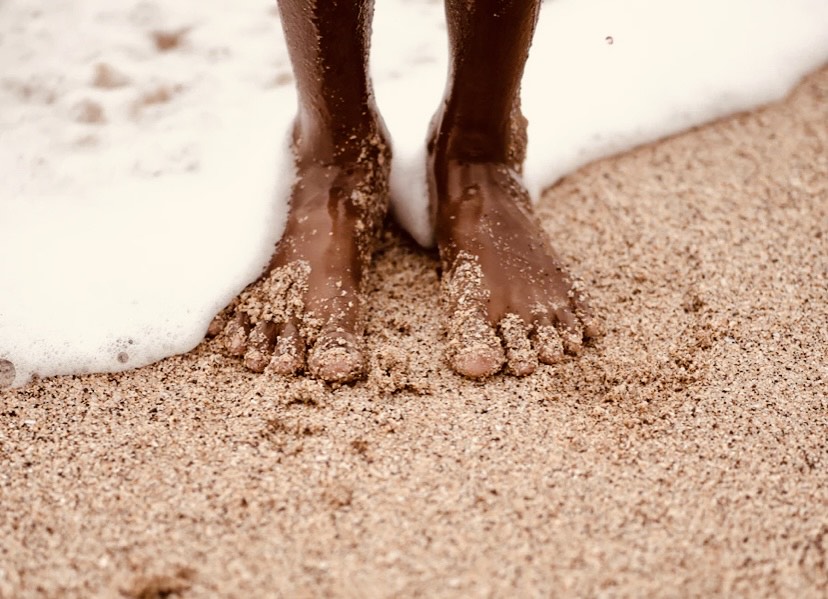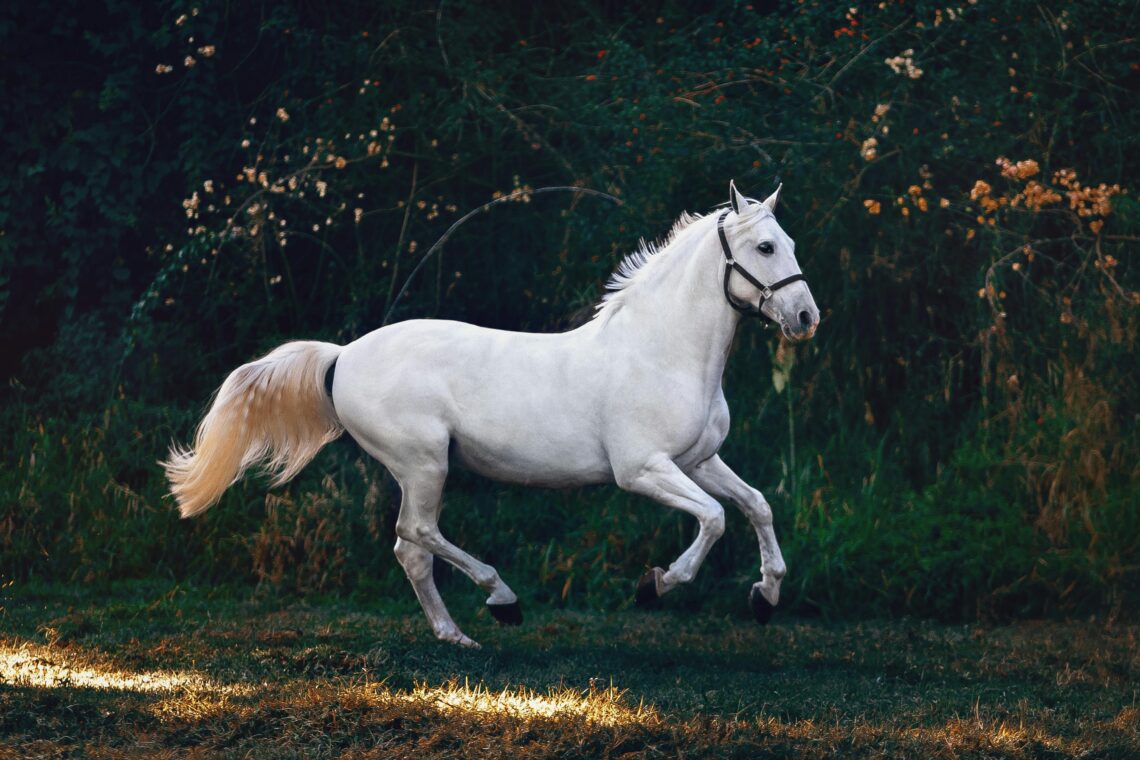Local winter fruits keep me going. I can pick flundermokers and red limp near the house. At Wasted Yawn frozen lake, flen wibble grows to an enormous height.
-
-
So, I was totting up the cost o' tangerines, beef burgers and custard powder—eee and, the bloomin' prices in Grimethorpe Museum o' Nostalgia
-
Eight-year-old me circled Auntie's bad words with a red pen.
-
The day Maeve told me she was leaving to become a nun I vomited. We’d been friends since primary school. When the bullying began in secondary school, Maeve was the one who pulled me through.
-
At Monolingual International Airport, Terminal B, everything appeared to be in order at The Tower of Babel Café. There was a cashier, a cook, and a customer, but there was a crucial limiting factor: they shared no language in common.
-
Mum isn’t interested in cars. ‘They’re giving your Dad a new one,’ she says. ‘What sort?’ ‘Brown.’ It’s a Cortina Mk II in Saluki Bronze.
-
The last time I dreamed of Enver Hoxha he was opening a new exhibition of Socialist Art at the National Historical Museum in Tirana.
-
It was late. I was too cold and too spent to barter with midnight. Pointlessness was at my throat. The only parking bay was next to a row of black wheelie bins.
-
Lean in a bit closer can you, son? I can’t turn my head to find you, and these rheumy eyes see you much better in close-up. Put that mobile phone aside for a minute, and listen to me.
-
by Jim Steinberg In line at a polling place in Chapel Hill, an older man stands sideways four people in front of me. He waits and watches with a patience and curiosity no other early morning voter matches. His eyes are clear, observant, interested. I watch their dark pupils dance around the room and decide he would talk with anyone. But this crowd is impatient and inward, as if remaining aloof will hurry the procession through lines, registration tables, and voting booths to cars and freeway journeys. Like them, I came here enclosed in my cocoon, incubating myself for the…
-
The van winds up the hill swinging round one broad S-bend after another and Perran’s stomach lurches at every one. It’s partly motion-sickness, but it’s nerves too. He’s been doing this for more than a year but his intestines still get tangled before a flight.
-
The new washing machine had arrived two weeks earlier. Mary still marvelled at how handy it was compared to the old manual one. She was the talk of the women’s guild and only Rosie O’ Shaughnessy had “an automatic” before any of them.
-
I do not why I have such a fancy for this little café. I have never been there, of course, and shall never visit unless my present circumstances take a dramatic and unexpected turn.
-
Jack stopped his tractor at the end of a runway to watch a salvage crew pulling an airplane from Lake Ontario.
-
In the car, chubby thighs fart on leather seats. Five children in three spots, the ripe smell of cousins and siblings on holiday, left to go feral.
-
Both feet firmly planted, my right arm crept forward so slowly the muscles in my shoulder cramped. The skin on the horse’s neck twitched and rippled with nervous energy. The heat from her coat reached the palm of my hand even though it was still six inches away.
-
At night, the wind rose to a high-pitched whistle and thrust, hot and dry, through the cracks at the edges of my window. “It’s the Devil trying to get in,” Bobby would tease when I was little.

